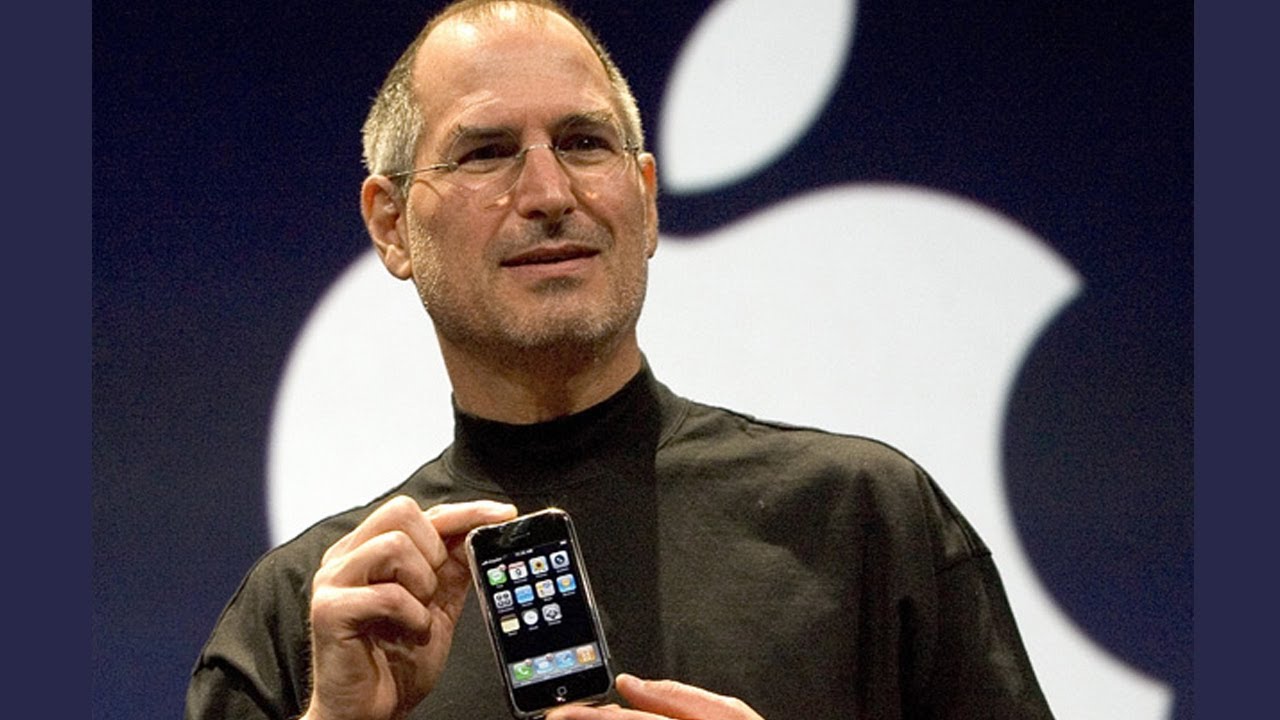Steve Jobs and his 2010 'thoughts on flash' show why Apple still misses him

What you need to know
- In 2010 Apple and Adobe were falling out over Flash.
- Adobe blamed the lack of Flash on iOS on Apple's App Store.
- Steve Jobs went on the offensive as only he could.
If you cast your mind back to April 2010 you might remember that Apple and Adobe were falling out over the lack of Flash on iPhone, iPod touch, and iPad. Apple had just released its first tablet in the form of iPad, and the lack of Flash support was something many had questioned. Not least Adobe. So Steve Jobs explained exactly why there was no Flash on Apple's mobile platform and published the whole thing to Apple's website. It was a thing of beauty and, amazingly, it's still there.
I'd forgotten all about this rant until it was mentioned on the recent episode of Relay FM's Connected podcast as an example of an old page that's still available on apple.com. And sure enough, "Thoughts on Flash" is still there in all its 2010 glory. And it doesn't fail to disappoint.
I wanted to jot down some of our thoughts on Adobe's Flash products so that customers and critics may better understand why we do not allow Flash on iPhones, iPods and iPads. Adobe has characterized our decision as being primarily business driven – they say we want to protect our App Store – but in reality it is based on technology issues. Adobe claims that we are a closed system, and that Flash is open, but in fact the opposite is true. Let me explain.
And explain, he did. What followed was a 1,700 word dissection of Adobe and Flash. Jobs explained that Flash wasn't so great for battery life. Nor was it very performant on mobile devices. And let's not forget the fact that Flash just wasn't built with touch input in mind.
Flash was designed for PCs using mice, not for touch screens using fingers. For example, many Flash websites rely on "rollovers", which pop up menus or other elements when the mouse arrow hovers over a specific spot. Apple's revolutionary multi-touch interface doesn't use a mouse, and there is no concept of a rollover. Most Flash websites will need to be rewritten to support touch-based devices. If developers need to rewrite their Flash websites, why not use modern technologies like HTML5, CSS and JavaScript?
But without doubt the best paragraph was the last. Jobs finally cut to the chase and put Flash in its place – the past.
New open standards created in the mobile era, such as HTML5, will win on mobile devices (and PCs too). Perhaps Adobe should focus more on creating great HTML5 tools for the future, and less on criticizing Apple for leaving the past behind.
And of course, Jobs was right. In late 2019 Flash is on its last legs and is expected to be banished from the web for good next year. That, without a shadow of doubt, is a good thing.
Reading through this piece for the first time in years, I'm reminded of why so many people both inside and outside of Apple miss the influence of Steve Jobs. Yes, he had his foibles and no, you never wanted to be left in an elevator alone with him in case you didn't have a job when you got out. But he didn't suffer fools, nor their tools. I don't know Tim Cook, but I just can't quite imagine him penning something quite like this.
And that's a damned shame.
iMore offers spot-on advice and guidance from our team of experts, with decades of Apple device experience to lean on. Learn more with iMore!

Oliver Haslam has written about Apple and the wider technology business for more than a decade with bylines on How-To Geek, PC Mag, iDownloadBlog, and many more. He has also been published in print for Macworld, including cover stories. At iMore, Oliver is involved in daily news coverage and, not being short of opinions, has been known to 'explain' those thoughts in more detail, too.
Having grown up using PCs and spending far too much money on graphics card and flashy RAM, Oliver switched to the Mac with a G5 iMac and hasn't looked back. Since then he's seen the growth of the smartphone world, backed by iPhone, and new product categories come and go. Current expertise includes iOS, macOS, streaming services, and pretty much anything that has a battery or plugs into a wall. Oliver also covers mobile gaming for iMore, with Apple Arcade a particular focus. He's been gaming since the Atari 2600 days and still struggles to comprehend the fact he can play console quality titles on his pocket computer.
